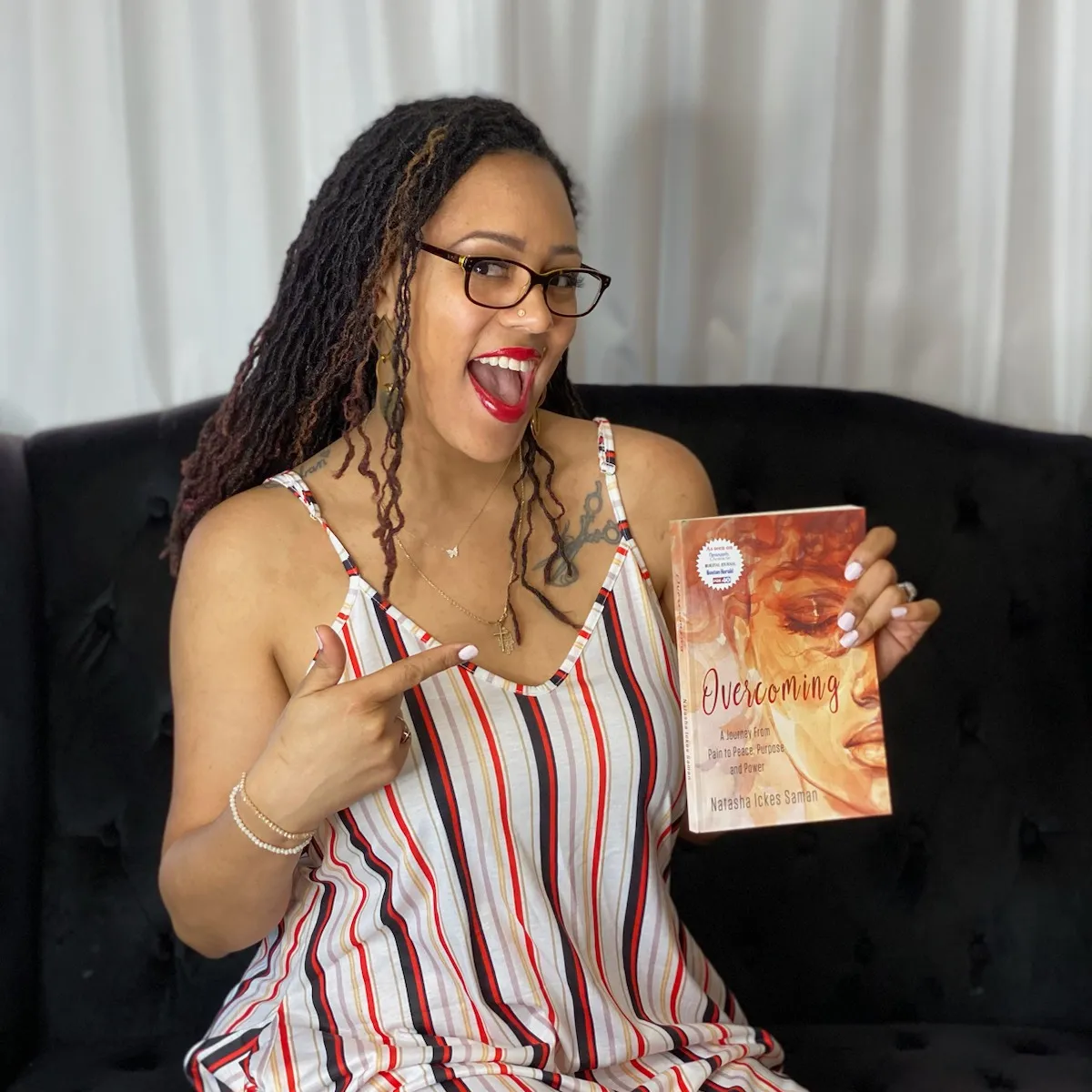
Write Like a Pro: Three Tips for Crafting a Bestselling Book

Writing a book can seem daunting, especially if you're new to the process. However, with the right tips and mindset, it's possible to break down this monumental task into manageable steps.
I have heard every concern you can imagine from my clients but these are the frequent flyers:
I don’t know what to write!
What if my book isn’t good enough?
I’ll never find the time!
Where do I start?
These same clients went on to write one and sometimes two books while we worked together.
I get it. I was terrified when I released my first book. I poured my heart and soul into my memoir. I shared my ups and downs, wins and losses, and even a few secrets. And you know what, it changed my life. It won awards, launched a new career, and led to me speaking on stages from Italy to 2 TEDx (with an additional TEDx schedule). It was also the inspiration for a book writing course I teach.
My success wasn’t a fluke. Writing a book has changed the lives of my clients and can transform your life as well. Whether you're writing a novel, memoir, or non-fiction book, the following 3 tips can help you get started and stay motivated throughout the writing process. So, grab your pen and paper or your keyboard and let's get started!
Get clear on your idea. The first step to writing a book is to get clear on your idea. Whether you're writing fiction or non-fiction, it's important to choose a topic or story that you're passionate about, and that will hold your interest for the duration of the writing process. One way to get clear on your idea is to brainstorm and write down as many ideas as possible. This can help you identify the topics or stories that resonate with you the most. Another approach is to research your topic to ensure accuracy and depth. This can help you understand the key themes, ideas, and questions related to your topic, and may even inspire new ideas for your book. Once you've identified your idea, it's important to refine it and create a clear and concise summary of what your book will be about. This will help you stay focused and on track throughout the writing process. Insider tip:Too many people get decision paralysis. Don’t worry if you have multiple ideas, that just means you have multiple books in you. This may be the first of many. Pick the one you are most passionate about and get started.
Write your outline. Creating an outline is an essential step in the book writing process, as it provides a roadmap for your book and helps you stay organized and on track. An outline allows you to break your book down into smaller, manageable sections, which can make the writing process less daunting. It also helps you to develop your ideas more fully and identify any gaps in your story or argument. Additionally, an outline can help you to refine your message and ensure that each chapter or section of your book contributes to the overall theme or purpose. By creating an outline before you start writing, you'll be able to move more quickly and efficiently through the writing process, and you'll be less likely to get stuck or experience writer's block. The outline is key to keeping you focused, organized and motivated throughout the book writing process. Insider tip: Think of your reader currently being at point A. You want them to be at Point B when they finish your book. For example, if point A is a struggling marriage then point B would be a healed, closer relationship. What steps or journeys do you need to take to get there? In my course, we do this on day one because this will be your roadmap for the entire writing process.
Do not edit. Yes, you read that right. Absolutely no editing until you are done with your entire first draft. Trust me, you will do more editing than you want before your book is over. However, one of the most important things to keep in mind when writing your first draft is to resist the urge to edit as you go. Writing your first draft is all about allowing yourself the freedom to write without worrying about getting everything perfect. Editing will slow you down and disrupt your creative flow. By writing your first draft without editing, you can create a solid foundation for your book that you can refine and improve later in the editing process. This approach also allows you to fully explore your ideas and discover new possibilities for your book, without getting bogged down by small details or perfectionism. So, resist the urge to edit and focus on getting your first draft written – you can always revise and refine it later. Insider tip: Create a schedule and give yourself a deadline. This will keep you on track and get you done in record time.
There are many more steps to getting your book published from editing and marketing, to book cover design. Understand that this journey is not easy but it is worth it. By following these tips for writing your first book, you'll be well on your way to crafting an amazing story. These strategies will help you to stay organized, motivated, and productive throughout the writing process. Remember, you have a story within you that only you can tell. Your words might save someone's business, life or marriage. They may inspire them to get financially savvy or give them comedic relief. Whatever your approach or purpose, you have this desire for a reason. Go after your dream and transform your vision into a finished book that you can be proud of.
Filter by Category
Filter by Date
© 2017-2024 ~ Sharon Ringier Consulting ~ All Rights Reserved.
Website Terms & Conditions | Online Privacy Policy




